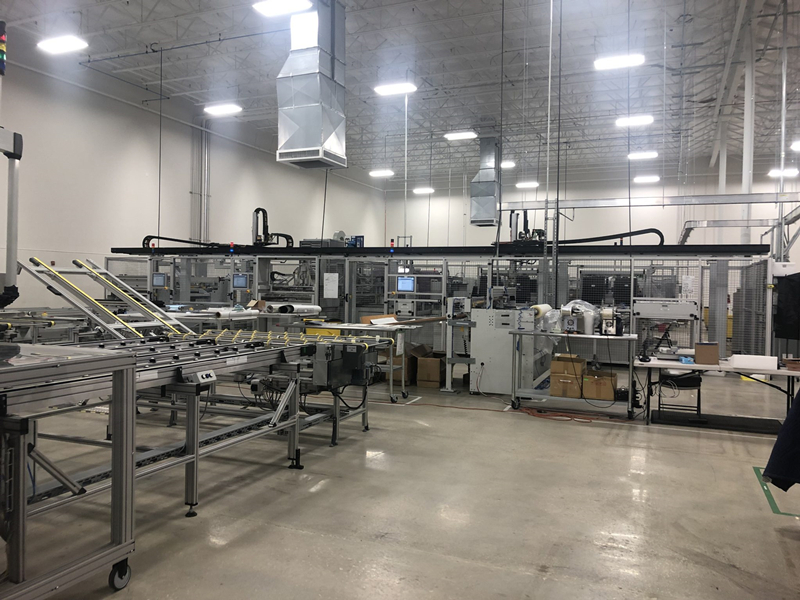
Since the tariffs were imposed in early 2018, exports of solar products from Canada to the United States have fallen by as much as 82%, according to Canadian trade officials.
The panel’s final report cited data that said Canada did not rank among the top five exporters of crystalline silicon PV products. The data said that on a volume basis, Canada was the tenth largest source of imports to the U.S. in 2012 and 2013, the ninth largest in 2014, the seventh largest in 2015 and the tenth largest in 2016.
The U.S. has until March 16 to terminate the tariff and comply with the panel’s recommendation.
The panel’s decision was greeted with approval by Canada-based Heliene, a manufacturer with operations in Ontario, Minnesota and Florida. Martin Pochtaruk, president, thanked Canadian government officials for taking on the dispute, and said the decision would benefit the solar industry on both sides of the border.
In May 2017, a group of U.S. solar panel manufacturers filed what is known as a Section 201 safeguard petition with the International Trade Commission (ITC). The petition sought global tariffs in response to what it claimed were unfair trade practices, particularly by China. The ITC unanimously found that the imports had injured U.S. solar panel producers. In January 2018, President Trump concurred with the ITC recommendation to impose a four-year “safeguard measure” on foreign solar panels. The tariffs began at 30% but declined over time to 15%.
The trade dispute panel found that the terms of CUSMA meant that the U.S. must exclude imports from Canada from U.S. safeguard measures. The panel sided with Canada’s argument that its solar exports to the U.S. were not a “substantial share” of total imports and that they could not have “contributed importantly” to any serious economic injury claimed by U.S. solar manufacturers. The panel also agreed with Canada that the U.S. violated CUSMA rules by wrongly increasing tariffs on imports from Canada.
In setting the tariffs, the Trump administration failed to exclude Canada even though the ITC earlier had found that imports from the country should not be included. When Canada tried to resolve the dispute under the North American Free Trade Agreement (NAFTA), which was in place at the time, the U.S. did not respond, effectively blocking the formation of a review panel. That loophole was closed under CUSMA, which succeeded NAFTA to promote trade among the U.S., Canada and Mexico. A panel was automatically created once the dispute was filed.
Once the CUSMA panel was established, the U.S. challenged its jurisdiction. It argued that because the safeguard measure was first imposed when NAFTA was in force, Canada’s claims could not be made under CUSMA. The panel rejected that claim, finding that the safeguard measure constituted “continuing conduct” by the U.S. against Canadian goods.
In early February, President Joe Biden followed an ITC recommendation and extended the Trump-era tariffs on imported solar energy equipment by four years. The action excluded bifacial cells, doubled the import quota on solar cells to 5 GW, and opened the door for duty-free imports from Canada and Mexico.